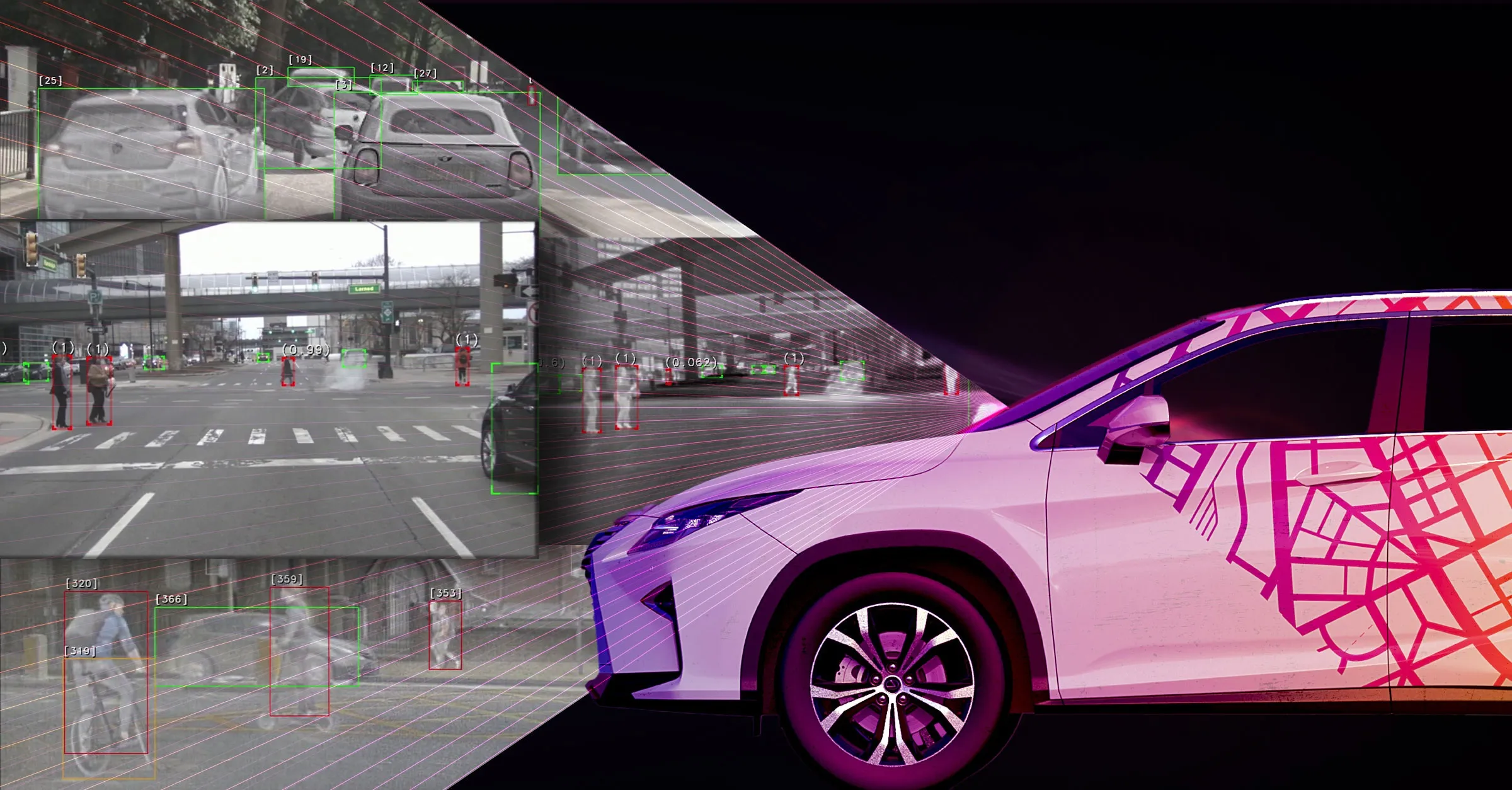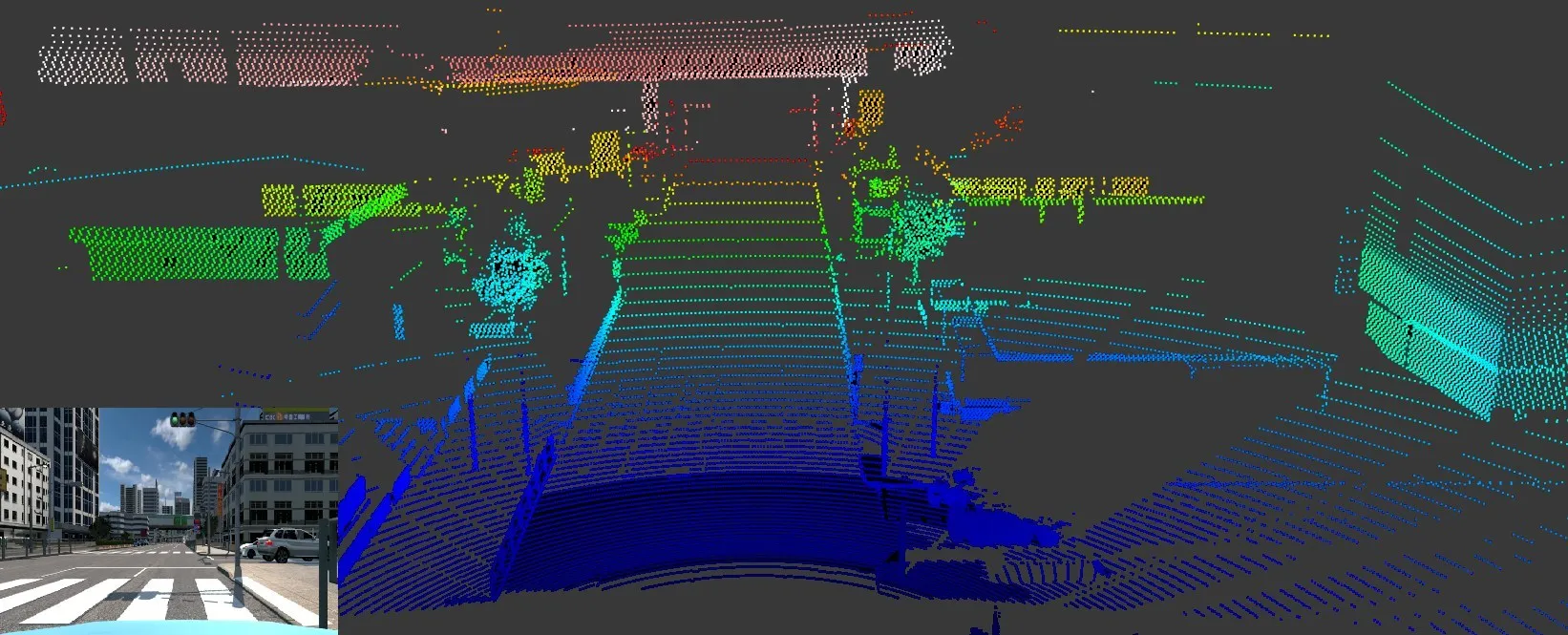Vector and BaselabS have formed a partnership aimed at jointly creating products and services for the development of advanced driver assistance systems (ADAS) and automated driving.
Vector will focus on special software tools for the development of ADAS and automated vehicles, while Baselabs will concentrates on software for data fusion in multiple-sensor scenarios, including the necessary algorithms. Baselabs will also provide application support in the development of ADAS and automated vehicles.
Th
October 8, 2014
Read time: 1 min
Vector and BaselabS have formed a partnership aimed at jointly creating products and services for the development of advanced driver assistance systems (ADAS) and automated driving.
Vector will focus on special software tools for the development of ADAS and automated vehicles, while Baselabs will concentrates on software for data fusion in multiple-sensor scenarios, including the necessary algorithms. Baselabs will also provide application support in the development of ADAS and automated vehicles.
The two companies will cooperate closely to develop a comprehensive and integrated solution of development tools, algorithm libraries and consultation services to enable the automotive industry to develop the sophisticated ADAS and automated vehicles of the future.
Vector will focus on special software tools for the development of ADAS and automated vehicles, while Baselabs will concentrates on software for data fusion in multiple-sensor scenarios, including the necessary algorithms. Baselabs will also provide application support in the development of ADAS and automated vehicles.
The two companies will cooperate closely to develop a comprehensive and integrated solution of development tools, algorithm libraries and consultation services to enable the automotive industry to develop the sophisticated ADAS and automated vehicles of the future.








